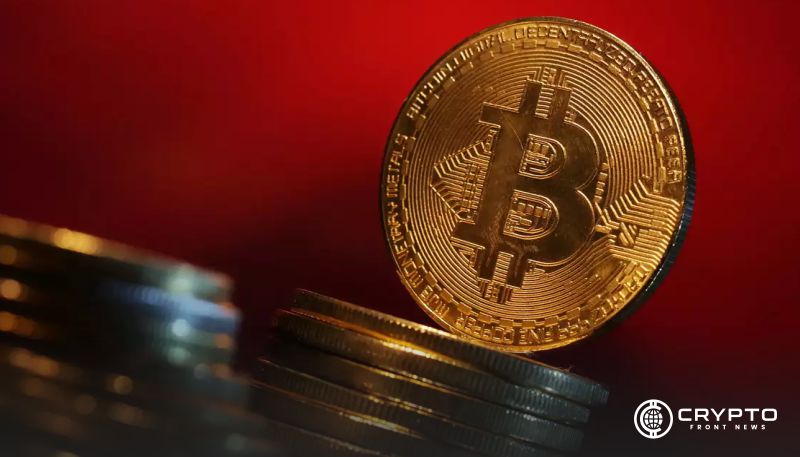- Taiwan-based Ko Ju-Chun has called on the island to put 5% of its $50 billion reserves into Bitcoin to improve the country’s economic diversification.
- The proposal is in a growing trend spearheaded globally as well as in the U.S, besides the rest of the region as an optimal portfolio investment.
- Preventing Ad Fraud Through Blockchain In Taiwan, regulating blockchain and digital finance is still a cause of concern due to several regulatory and geopolitical issues.
A Taiwanese legislator, Ko Ju-Chun, has called for the formation of a $600 million Bitcoin reserve, with the objective of boosting the power of the nation’s economy, as well as its protection. As the global communities increasingly explore the use of digital assets in sovereign wealth funds, the recommendation could not have come at a better time.
Ko Wen-je, legislator from the Kuomintang (KMT) of Taiwan, a party list that focuses primarily on the policy on technology policy, wanted the government to dedicate as much as 5% or up to $2.5 billion of Taiwan’s $50b reserve to Bitcoin. He thinks that centralized assets can actually give Taiwan efficacious financial instruments which could make the country’s economy stable in the shifting international environment.
Global trend influences local momentum
Ko’s plan comes in the heels of New Hampshire legalizing the use of cryptocurrency for investment at the state level. His remarks demonstrate more governments around the world are considering Bitcoin as a hedge for fiat risks and as an indicator of innovation.
The proponents of the bill extol the benefits of the fact that Bitcoin does not belong to the centralized financial system and, hence, acts as an insurance against it. According to them, it would enable Taiwan to be financially self-sufficient, containing relations to questionable political and economic relations or dependency in that region.
Nevertheless, the given proposal has caused controversy. Some of the issues which have been considered by critics include the volatility of Bitcoin and Taiwan’s special status with China. They also pose questions concerning issues such as cybersecurity first and second, whether it will lead to Taiwan having to deal with more bureaucracy in the form of an extra reserve.
Media releases indicate that Taiwan has not embraced cryptocurrencies and designated them legal tender, but it has probed into the potential of blockchain and digital money. Continued advancement into the concept of digital currency systems in the island may reveal a trend towards the relaxation of strict policies.
Currently, the analysis and examination of the cross-border usage of Bitcoin have been expanded constantly. The U.S. federal government also has a pretty large stockpile of Bitcoin through the seizures of assets. Analysts argue that China could also be reviewing its crypto policies given the dynamic changes in US policies in the same front.





